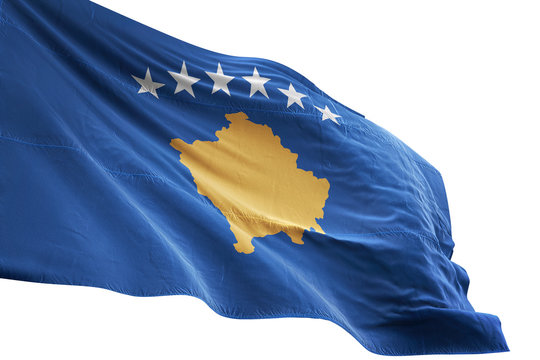The Assembly of Kosovo passed Law No. 08/L-075 “On Trademarks” (the “New Law”) on June 23, 2202. This law establishes new guidelines for the protection of trademarks.
The recently passed law partially complies with EU Directives 2014/48/EC of the European Parliament and of the Council of 29 April 2004 on the Enforcement of Intellectual Property Rights and EU Directive 2015/2436 of the European Parliament and of the Council of 16 December 2015 on the Harmonization of the Laws of the Member States Relating to Trademarks.
The New Law’s primary amendments
A sub-legal act that will be issued by the Minister is expected to regulate the definition of requirements for well-known trademarks. Particularly the parties involved in the opposition proceedings will benefit from the specification of the commonly used requirements.
The trademark shall also be transferred in conjunction with the transfer of the ownership of the business. This is only excluded when it is clearly mentioned in the transfer agreement that trademarks are not transferred with the business.
The new clauses regulate the license agreement. The trademark may be licensed for some, all, or neither of the goods or services for which it is registered in Kosovo. An exclusive or non-exclusive license is acceptable.
The owner of the trademark may claim the rights it has accrued against any licensee who objects to any clause in his licensing agreement regarding the licensee’s ability to use the trademark for the scope of the goods or services specified in the agreement, the territory in which the trademark may be displayed, or the qualities of the goods or services produced by the licensee.
Without affecting the terms of the license agreement, the licensee may only use a trademark without the owner’s consent. However, if the owner of the trademark fails to undertake the infringement proceedings themselves within a reasonable period of time after receiving formal notification, the holder of an exclusive license may undertake such a procedure.
The licensee has the right to take part in the infringement proceedings that has been filed by the trademark owner in order to seek compensation.
The license agreement must be signed and submitted with the Trademark Register at the request of one of the parties. Upon payment of the applicable fee for the registration of the license in the Trademark Register, a copy of the licensing agreement, or a section of that agreement for the grant of the license, made in writing and signed by both parties, is sent to the Industrial Property Agency.
Any person who violates trademark rights by attempting to engage in any of the actions listed in Articles 9, 10, or 12 of the New Law may be sued by the owner of the trademark under the following grounds: proof of the violation; dissociation from the violation; termination of the violation; and prohibition of the violation and other similar future violations.
In addition to the aforementioned, the trademark owner may ask for the following appropriate actions: the destruction of the goods, withdrawal of the infringing mark from the goods, seizure of the materials used in the creation or production of the infringing goods, and withdrawal from trade channels or seizure of the goods determined to be infringing on the trademark right.
The necessity for proportionality between the seriousness of the breach and the taken legal remedies, as well as the interests of third parties, shall be taken into consideration by the court while examining the request for the aforementioned measures. Unless there are particular reasons for such non-implementation, the court shall mandate the execution of these measures to the disadvantage of the trademark infringement.
The court may order the recovery of profits the infringer made from the unauthorized use of the trademark, in accordance with the general rules for monetary damages, or the payment of predetermined damages when the infringer was not aware or could not have known that they were engaging in an infringement.
In the case of continuous infringement, claims must be made no later than five (5) years from the date of the latest infringement or three (3) years after the date the applicant first discovered the infringement and the infringer.
With the New Law, additional novelties will come into effect, including clauses on non-use as a defense in infringement proceedings, proofs claim for information provision, provisional and preventive measures, right exhaustion, literal interpretation of class headings, additional absolute and relative grounds for refusal, the non-use defense, and the trademark holder’s right to intervene later to defend himself in the infringement proceedings.
You can find the list of Global IP Firms here.
